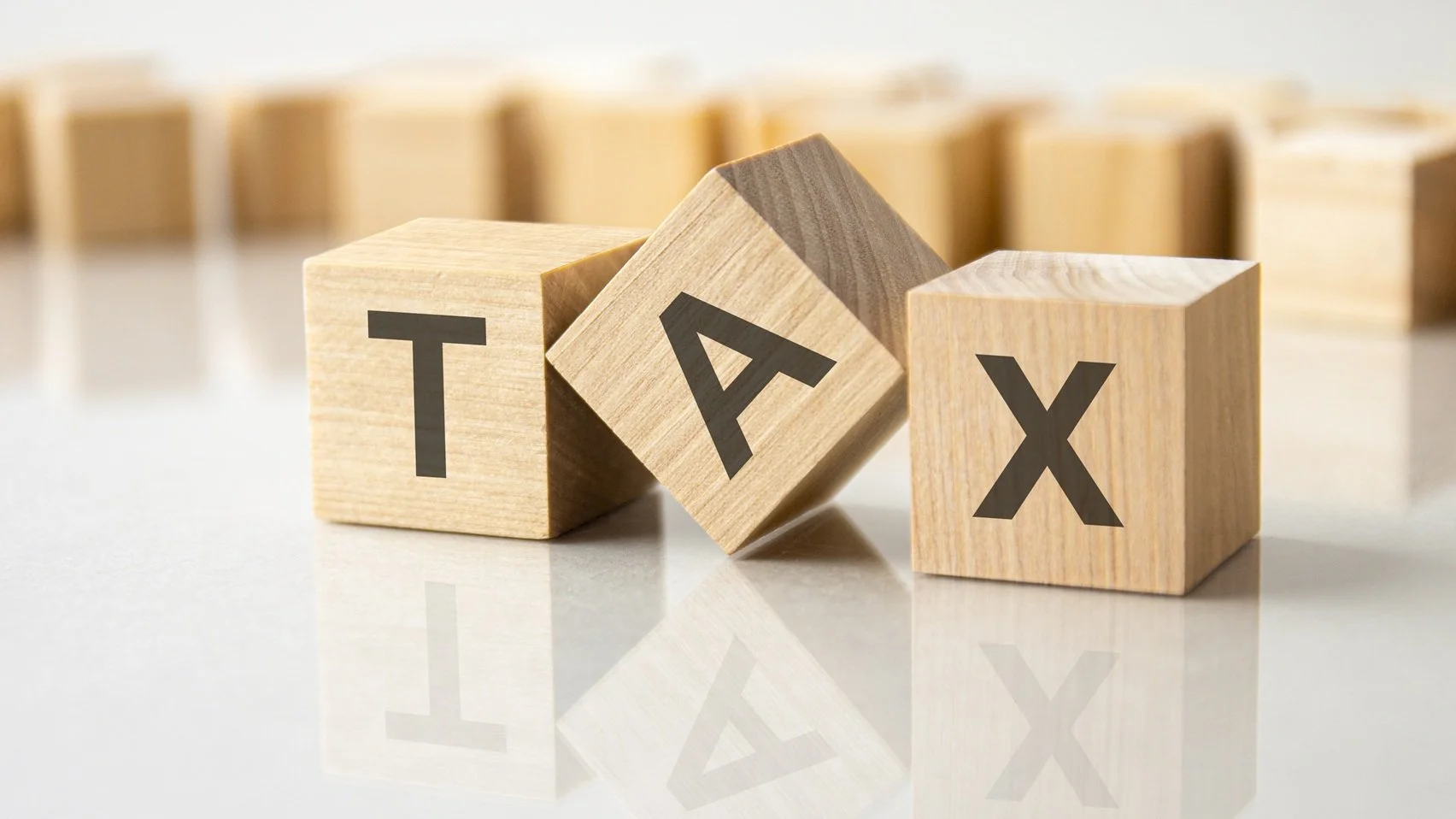5 crypto tax mistakes to avoid in NZ
We’re thrilled to team up with Crypto Tax Calculator (CTC) to give PIN Network App users an easier way to handle crypto taxes. Filing can be confusing, but with CTC’s world-class tools, calculating and reporting is simpler than ever. Plus, first-time subscribers get 20% off their plan making tax time that much easier.
Keep reading to find out how you can take advantage of this offer.
As crypto adoption continues to grow in New Zealand, so does the complexity of tax reporting. Whether it’s paying via Pay It Now, staking, or receiving rewards, many investors are unknowingly making mistakes that could lead to IRD fines, audits, or over-paying on taxes.
To help you stay compliant and maximize your returns, we’ve put together the top five crypto tax mistakes we regularly see as crypto tax experts – and how you can avoid them.
How the IRD treats crypto
In New Zealand, the Inland Revenue Department (IRD) treats crypto-assets as property. However, unlike a lot of other countries there’s no capital gains tax for property. Instead, crypto is taxed as ordinary income when you dispose of it. This means you may owe tax when you:
Sell or trade crypto for fiat or other tokens
Swap one token for another
Exchange crypto for goods or services
Earn rewards from activities like staking, lending, or yield farming
On top of income tax, some crypto activity is also subject to GST (Goods and Services Tax). This applies to transactions that are part of business or commercial activity, such as:
Accepting crypto in exchange for goods or services
Selling NFTs (if total sales are over $100,000 during a 12-month period)
Mining crypto, depending on whether it’s done as a business or hobby
5 crypto tax mistakes
Here’s 5 tax mistakes you should avoid as a New Zealand crypto investor to help make tax season easier.
1. Not reporting your transactions
The mistake:
With at least 14% of New Zealanders currently or previously owning crypto, it’s one of the most popular assets outside of traditional investments. Many assume that because crypto operates on decentralized networks, everyday transactions made through platforms like Pay It Now (PIN) go unnoticed and don’t need to be reported.
But since the IRD treats crypto the same as property, purchases, sales, or using PIN for everyday payments can create taxable events. This means taxpayers are required to report their crypto transactions, and failing to do so can result in penalties.
How to avoid it:
Always keep accurate records of all your crypto activity – including PIN transactions – whether you’re paying for goods or services, receiving rewards, or swapping one token for another. Report any taxable events to the IRD, including trades, staking rewards, airdrops, and DeFi earnings.
2. Misunderstanding taxable events
The mistake:
Many traders assume they only need to pay taxes when converting crypto back into New Zealand dollars. However, the IRD treats using crypto to pay for goods and services through Pay It Now, swapping between tokens, and earning PIN rewards or cash-backs as taxable events.
How to avoid it:
Understand what counts as taxable vs. non-taxable events in New Zealand. For example:
Taxable: Paying for goods or services via PIN, trading one crypto for another, receiving staking or loyalty rewards, and selling NFTs.
Non-taxable: Buying crypto with fiat, transferring between personal wallets.
Keeping accurate records of your PIN transactions will help you stay compliant and covered when tax time rolls around.
3. Not tracking your cost basis
The mistake:
Without properly tracking your cost basis (the original purchase price of your crypto-assets), you could misreport your gains or pay more taxes than you’re meant to. As a PIN user, this is especially important since the IRD considers every time you spend crypto on goods or services to be a disposal – and you’ll need to know your cost basis to figure out your gain or loss.
How to avoid it:
Use tax software, such as Crypto Tax Calculator, to automatically track your cost basis across all your PIN transactions. This helps ensure you’re properly figuring out your gains when you swap, spend, or earn crypto. Also make sure you’re using software that supports New Zealand’s accepted accounting methods – FIFO and Average Cost Basis (ACB) (LIFO is not allowed).
4. Filing taxes at the last minute
The mistake:
With the number of crypto users expected to jump from 33.59% to 34.78% by 2026, more people than ever will soon need to report their digital activity. For PIN users this means the IRD will be paying more attention to crypto transactions. And waiting until the tax deadline can lead to missed PIN transactions, cause unnecessary stress, and reduce opportunities to optimize your tax return.
How to avoid it:
Start organizing your crypto tax records early. Track all your PIN transactions in real time, so nothing gets missed. If you have more complex transactions – such as mixing personal purchases, business payments, and rewards – consider working with a tax professional to make sure you’re maintaining compliance.
5. Assuming the IRD can’t track your crypto activity
The mistake:
Over 227,000 New Zealander’s have engaged in crypto activities, and the IRD is tracking them closely. “Despite popular thinking – people are not invisible on blockchain, and we have the tools and the analytics capabilities to identify and expose crypto-asset activities,” Inland Revenue spokesperson Trevor Jeffries said in a 2024 media release.
Unless you’re new to PIN or using obscure tools, there’s a strong chance the IRD has already noticed your wallet activity.
How to avoid it:
Be proactive with your reporting, making sure you’re tracking all PIN activity including swaps, payments, and rewards. Use a crypto tool such as Crypto Tax Calculator to import your transactions, match it to IRD categories, and create extensive reports complete with all the information you need to file your tax return.
Final thoughts
Crypto tax rules in New Zealand are constantly evolving, and keeping up can feel overwhelming. By avoiding the common mistakes, you’ll stay on the IRD’s good side while saving you money (and a potential headache).
And with Crypto Tax Calculator, reporting doesn’t have to be a pain. Just connect your Pay It Now account, import all your transactions, and the platform will automatically figure out your gains, losses, and income. You’ll get tax-compliant reports ready for you in minutes, not hours.
Ready to Make Tax Time Simple?
Special Offer: First-time subscribers enjoy 20% off their plan
With Crypto Tax Calculator, managing your crypto taxes has never been easier. As a PIN Network App user, you can enjoy 20% off your first plan - a limited-time offer designed to take the stress out of reporting.
👉 Click the button below to claim your discount and get started today.
Disclaimer: Investing in cryptocurrencies carries inherent risks, and there are no guarantees of returns. it is crucial to exercise caution and conduct thorough research before making any investment decisions. Please be aware that the information provided here is for educational and informational purposes only and should not be considered as financial or investment advice.



